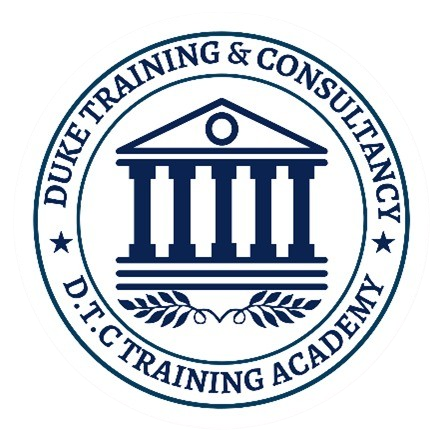Course
Certified Professional in Quality Management Tool-7qc Basic Tools
The Certified Professional in Quality Management Tool - 7qc Basic Tools program provides participants with a comprehensive understanding of the seven basic quality control tools commonly used in quality management and improvement initiatives. Participants learn how to effectively apply these tools to analyze and solve quality-related issues, enhance process efficiency, and drive continuous improvement.
- Familiarize participants with the seven basic quality control tools: Pareto Chart, Cause-and-Effect Diagram, Histogram, Check Sheet, Scatter Diagram, Control Chart, and Flowchart.
- Develop proficiency in selecting and applying the appropriate quality tools based on specific quality-related challenges or objectives.
- Learn how to collect, analyze, and interpret data using the 7qc Basic Tools to identify root causes of problems and prioritize improvement opportunities.
- Understand how to effectively communicate findings and recommendations derived from the application of 7qc Basic Tools.
- Gain insights into integrating the use of 7qc Basic Tools into broader quality management systems and continuous improvement initiatives.
- Proficiency in utilizing the seven basic quality control tools for problem-solving and process improvement.
- Enhanced ability to analyze data, identify trends, and make data-driven decisions using 7qc Basic Tools.
- Skills to effectively communicate quality-related findings and recommendations to stakeholders.
- Certification as a Certified Professional in Quality Management Tool - 7qc Basic Tools.
Quality assurance professionals, quality engineers, process improvement specialists, and individuals involved in quality management and improvement initiatives.
Applicable to organizations across various industries, including manufacturing, healthcare, services, and automotive, seeking to enhance their quality management practices.
- Introduction to quality management and the importance of 7qc Basic Tools
- Overview of each of the seven basic quality control tools
- Selection criteria and application guidelines for 7qc Basic Tools
- Data collection methods and techniques
- Data analysis and interpretation using 7qc Basic Tools
- Practical exercises and case studies demonstrating the application of each tool
- Integrating 7qc Basic Tools into quality management systems
- Communication and reporting of findings derived from 7qc Basic Tools
- Continuous improvement and advanced applications of 7qc Basic Tools.

